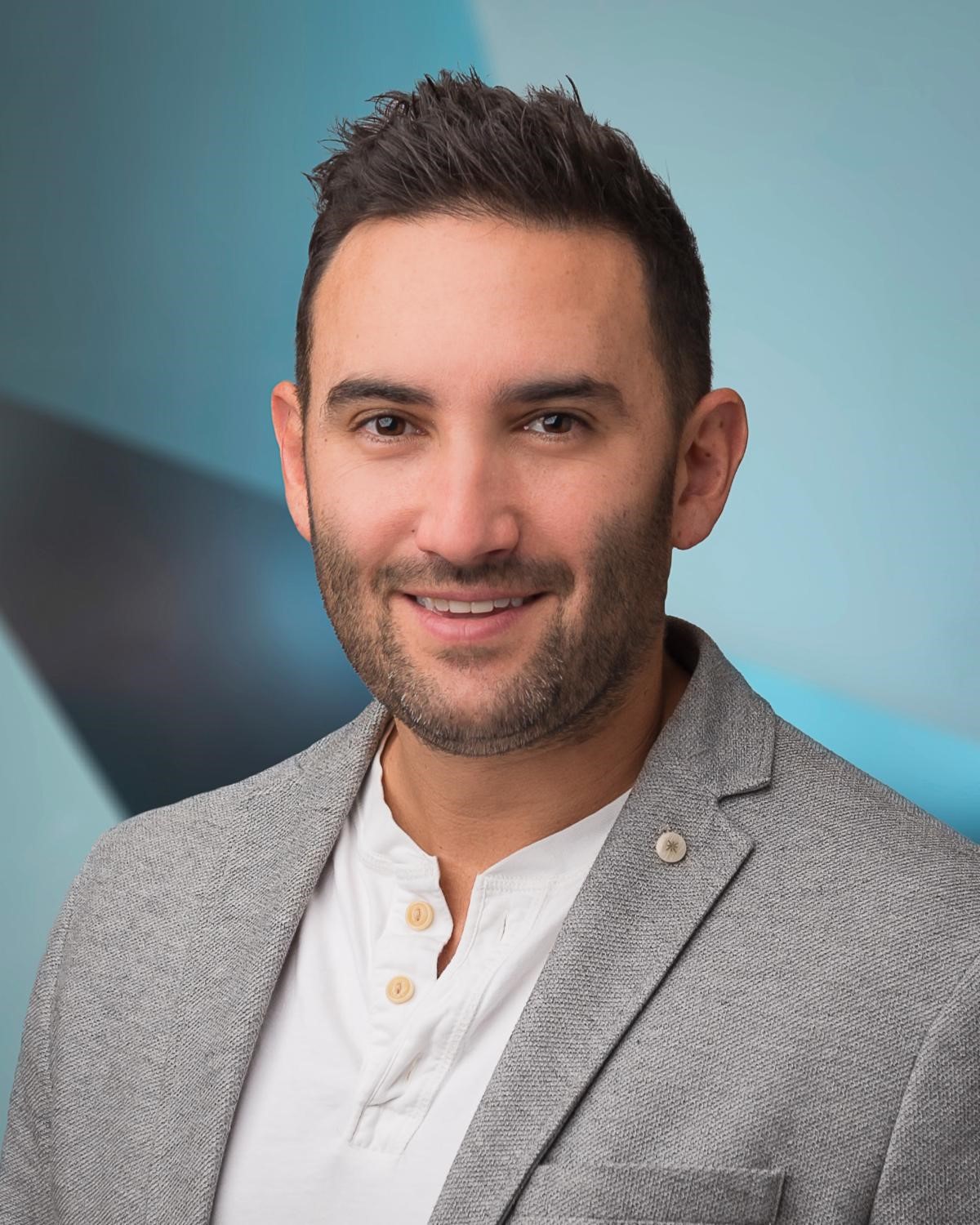Free CME-Approved Training
Expand your understanding of mental health and psychopharmacology
PAL’s 1-hour training sessions are designed to help primary care providers build confidence with mental health assessment and treatments.
Open to all primary care providers and professionals
If you’re interested in psychopharmacology, you’re welcome to attend. PAL’s training sessions have something to offer everyone.
- Prescribing physicians
- School Nurses
- School social workers
- Therapists
- Medical and nursing students
Mark your calendar from 12-1pm CST on the third Wednesday of each month
You won’t want to miss out on these invaluable opportunities to improveyour expertise in managing pediatric mental health cases.
LIVE webinar with engaging lecture

Time available for questions and answers
Easy to attend on your lunch hour
What attendees are saying
“I can’t tell you just how useful PAL’s training sessions have been. The general approach to problem-solving, approaching complex patients, and identifying resources for long-term planning has been invaluable.”
Dr. Larry Manney, MD
South Lake Pediatrics
“You don’t want to miss these 1-hour lunchtime sessions! Every topic has been so relevant to what we do as pediatricians.”
Dr. Carrie Pettey, MD
Central + Priority Pediatrics
“These trainings have been very helpful to me, and I highly recommend them to other providers. I have improved my comfort zone and knowledge base about conditions and medications beyond the ones classically managed by primary care providers.”
Shay Fashusi, PA
Entira Family Clinics
Register for upcoming training sessions
From psychopharmacology updates to evidence-based treatments, we’ve curated a diverse range of highly relevant topics for your benefit.

Alyssa Greene
February 18, 2026
12-1pm ET
Eating Disorders for Primary Care
- Identify eating disorder symptoms to be alert for
- Identify ways to bring up and discuss eating disorder symptoms from a size-inclusive lens

Joshua Stein, MD
March 18, 2026
12-1pm ET
QPR: Suicide Prevention
- QPR: Question, Persuade, Refer – The “CPR” for those who are suicidal.
- Interpret MN based statistics regarding alarming trend of increased suicide completions
- Create “gatekeepers” who can identify and intervene when people are at risk
- Summarize QPR training
- How, not the why: Lethal Means Reduction
- Reduce access to lethal means in a clinical setting
- Organize specific resources when higher level intervention is necessary
- Summarize CALM training

Jen Aspengren
March 25, 2026
12-1pm ET
Understanding and Addressing Pediatric Medical Traumatic Stress
- Improve their understanding of Medical Traumatic Stress (MTS).
- Identify and apply strategies and interventions that can prevent or alleviate its (MTS) prevalence in the family experience.
- Reflect on the impact of medical traumatic stress on participant’s own practice and patient outcomes.
- Increase their awareness of resources and support network options participants can offer to families.

Joshua Stein, MD
April 15, 2026
12-1pm ET
Anti-depressants basics: “The art and science of Anti-depressants use in youth”
- Clarify FDA indicated medications in youth vs. community standard use
- Explore the art of introduction, discussion and conceptualization of use with families
- Review psychiatric pearls for prescribing anti-depressants in youth

Joshua Stein, MD
May 20, 2026
12-1pm ET
Anxiolytics
- Review diagnostic criteria for initiation of medications used for anxiety
- Clarify pharmacologic options and consider fit for each patient
- Identify complementary and alternative methods of support for children and their families
- Practice of art of introduction and discussion with families

Joshua Stein, MD
June 17, 2026
12-1pm ET
ADHD Basics: The Art and Science of Diagnosis and Treatment in Youth – PART 1
- Review red herrings that often appear to be ADHD
- Clarify pharmacologic options including stimulant and non-stimulant classes

Joshua Stein, MD
June 24, 2026
12-1pm ET
ADHD Basics: The Art and Science of Diagnosis and Treatment in Youth – PART 2
- Identify complementary and alternative methods of support for children and their families
- Practice of art of introduction and discussion with families

Joshua Stein, MD
July 8, 2026
12-1pm ET
Social media, teens and mental health: How to handle this wasps nest
- Why digital should be part of every visits screen
- Indications for care based on the 2023 Surgeon General’s recommendations
- How to help teens build upon their own awareness to care better for themselves

Joshua Stein, MD
July 15, 2026
12-1pm ET
Striving for Excellence: Understanding the mental health impact of high achievement and perfectionism in teens
- Understand the definitions of high achievement and perfectionism, and how they manifest in adolescents.
- Recognize the psychological and environmental factors that contribute to the development of perfectionistic tendencies in teens.
- Examine the potential mental health consequences of high achievement and perfectionism, including anxiety, depression, and burnout.
- Learn to identify signs and symptoms of perfectionism and its impact on mental well-being in adolescents.
- Explore effective strategies for supporting teens struggling with perfectionism, including therapeutic approaches and parental guidance.

Dr. Sogand Ghassemi, MD
July 22, 2026
12-1pm ET
Overview of Perinatal Mood and Anxiety Disorders – Part 1
- Recognize signs and symptoms of perinatal mood and anxiety disorders (PMADs)
- Review prevalence, risk factors, and screening tools
- Review adverse effects of untreated perinatal mood and anxiety disorders on mother, children, and whole family
- Review evidence-based treatments for PMADs
- Review when and where to refer to specialty treatment

Dr. Sogand Ghassemi, MD
July 29, 2026
12-1pm ET
Overview of Perinatal Mood and Anxiety Disorders – Part 2
- Recognize signs and symptoms of perinatal mood and anxiety disorders (PMADs)
- Review prevalence, risk factors, and screening tools
- Review adverse effects of untreated perinatal mood and anxiety disorders on mother, children, and whole family
- Review evidence-based treatments for PMADs
- Review when and where to refer to specialty treatment

Joshua Stein, MD
August 12, 2026
12-1pm ET
Atypicals – What a Pediatrician Needs to Know
- Review diagnostic criteria for initiation of atypical antipsychotics
- Clarify pharmacologic options and consider fit for each patient
- Identify complementary and alternative methods of support for children and their families
- Practice of art of introduction and discussion with families

Joshua Stein, MD
August 19, 2026
12-1pm ET
Building Comfort Managing Mood Stabilizers
- Review diagnostic criteria for initiation of mood stabilizers
- Clarify pharmacologic options and consider fit for each patient
- Identify complementary and alternative methods of support for children and their families
- Practice of art of introduction and discussion with families

Sara Polley, MD
September 9, 2026
12-1pm ET
Youth Substance Use and the Developing Brain – Part 1
- Explain how cannabinoids and alcohol impact the brains of youth
- Introduce approachable intervention techniques for young people using substances
- Review when, where and how to refer youth to Dual Diagnosis Care

Sara Polley, MD
September 16, 2026
12-1pm ET
Youth Substance Use and the Developing Brain – Part 2
- Explain how cannabinoids and alcohol impact the brains of youth
- Introduce approachable intervention techniques for young people using substances
- Review when, where and how to refer youth to Dual Diagnosis Care

Joshua Stein, MD
October 21, 2026
12-1pm ET
Tidal waves: An exploration of as needed treatment for panic, anxious distress and agitation
- A thorough review of psychotropics as PRN’s
- Non-pharmacologic considerations
- Review language and introduction techniques for families

Joshua Stein, MD
November 11, 2026
12-1pm ET
How young is too young: A review of Early Childhood Psychiatry
- Explore why and when psychotropics may be considered under the age of 7
- Review the limitations of medications in this age group
- Focus on avoiding the biologic trap of meds, when psychosocial support is strikingly needed

Joshua Stein, MD
November 18, 2026
12-1pm ET
Sleep Medications and Metabolic Monitoring
- Review common medications used for sleep
- Clarify causes of Insomnia
- Identify steps for metabolic monitoring
Sign Up for our Newsletter
Get informational blog posts, updates in psychiatric medicine, and register for our trainings. Sign up below!